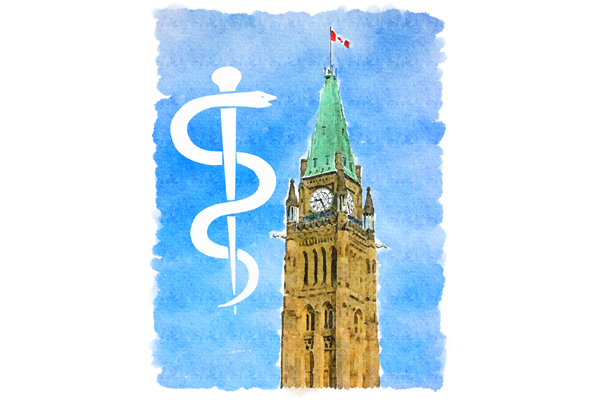Why does violence in Paris trump mass slaughter in Baga?
Photo: Olivier Ortelpa, CC
The attack on the satirical magazine Charlie Hebdo on the morning of Jan. 7 horrified France and the rest of the world. In response, people from across the globe, Canada included, took to the streets and social media in signs of solidarity for the victims of this unpardonable violence. On Jan. 11, more than 40 world leaders gathered in Paris along with millions of demonstrators to protest the bloodshed.
In our own backyard, Prime Minister Stephen Harper was quick to jump on the political bandwagon, proclaiming that “the international jihadist movement has declared war” on our freedoms.
And yet, four days prior to the bloody attack on French soil, the village of Baga in northeastern Nigeria was assaulted by the terrorist group known as Boko Haram in one of its deadliest attacks yet. When the smoke cleared, the village was almost completely destroyed with up to 2,000 people killed, the victims consisting mostly of women, children, and the elderly.
Just how much public outrage surrounding this event permeated the consciousness of the western world? Very little.
Regrettably, this is understandable, if unfortunate. The privilege of being able to ignore such slaughter comes easily to the developed world. After so much misery has leaked into the news from crisis-ridden regions like Africa and the Middle-East, the exhaustion of public and political sympathy is no surprise. With public attention spans quickly waning in the era of the 24-hour news cycle, both the media and politicians pontificate only on the most sensational stories—and what could be less sensational than a story about mass death in Africa?
More to the point, world leaders remain largely mute on the mass slaughter in Nigeria because the act of echoing public outrage surrounding this event offers them little in terms of political capital. This is in stark contrast to the attacks in Paris, which provided countless heads of state with the international soapbox they needed to further their own agendas.
Canada has recently seen its fair share of political opportunism. Prime Minister Harper already used the recent domestic “terrorist” attack in Ottawa as a tool to advocate increased military activity abroad and, just as with Charlie Hebdo, turn tragedy into a chance to spout “us vs. them” rhetoric. But it would be inaccurate to view this problematic phenomenon as being unique to Canada.
Many of the world leaders who attended the highly- publicized march in Paris did not attend because they truly believe in freedom of the press. In fact, figures like King Abdullah II of Jordan, Prime Minister Netanyahu of Israel, and Prime Minister Davutoglu of Turkey all have dubious records when it comes to imprisoning journalists. Yet these leaders couldn’t deny the opportunity for a glamourous international photo-op—an opportunity to demonstrate to the world how much their governments support freedom of speech.
But when it comes to the slaughter in Baga, these same leaders stand to gain nothing from linking arms in the street and singing Kumbaya together. As such, many of them have remained silent thus far.
When civilians are slaughtered like livestock, world leaders and media organizations owe places like Nigeria more than casual disinterest. They owe them the dignity of general outrage.






